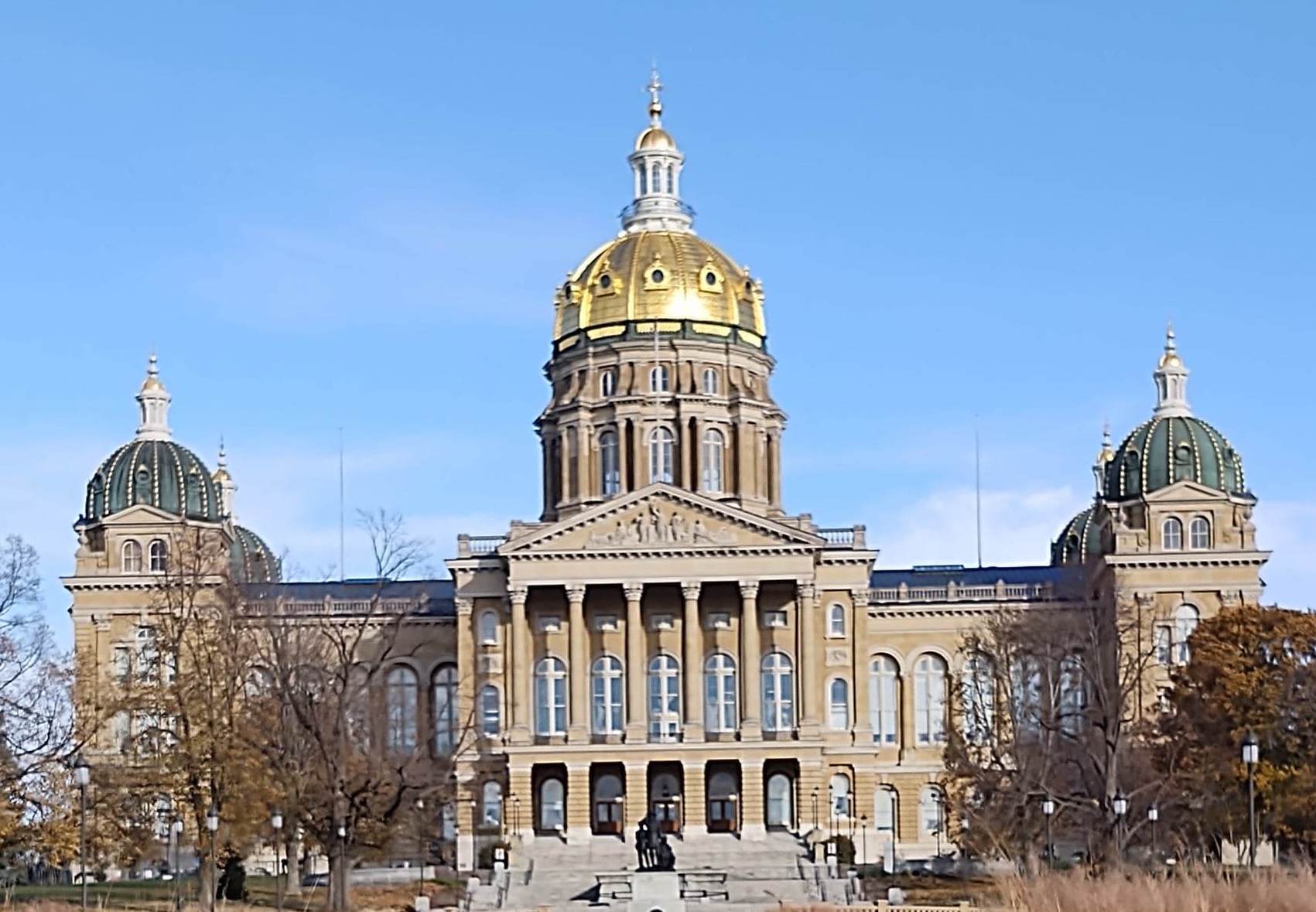Bruce Lear lives in Sioux City and has been connected to Iowa’s public schools for 38 years. He taught for eleven years and represented educators as an Iowa State Education Association regional director for 27 years until retiring. He can be reached at BruceLear2419@gmail.com
There’s a scene in the 1974 movie Longest Yard, which I’ve always remembered. The prison warden forces Burt Reynolds, an incarcerated former professional football player, to organize a football team to play the guards.
In the huddle, Reynolds tells the offensive line to let a hated guard through. As the guard blitzes, the line parts and Reynolds hurls a pass into the guard’s groin.
The prisoners huddle, and Reynolds calls the same play: “Let’s do it again.” They do. The guard leaves the game in agony clutching his groin.
Republican State Representative Skyler Wheeler, who chairs the House Education Committee, is signaling he may call the same play during the next Iowa legislative session that was called this year.
Continue Reading...





